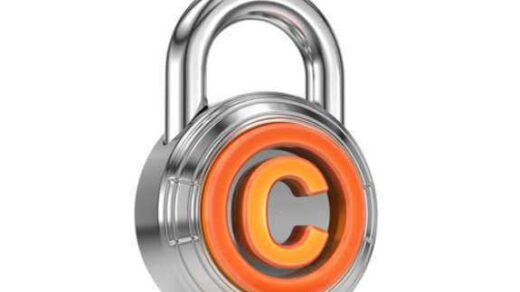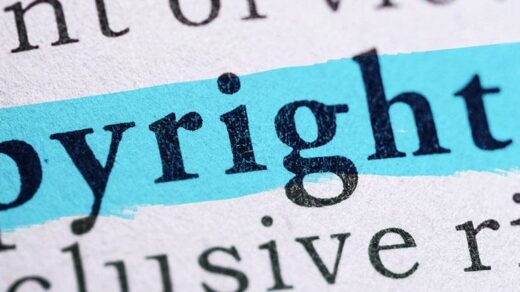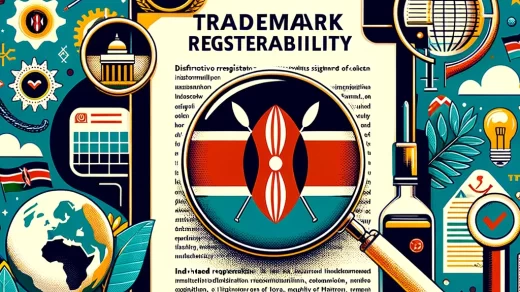In Kenya, the Covid-19 pandemic led to a total halt of the entertainment industry, as social gatherings such as events and parties were banned in a bid to curb the spread of the Covid-19 virus.
At the peak of the quarantine period, stay at home orders were issued and a 7 p.m. curfew was put in place.
In response to the changing times, Kenyan DJs like others throughout the world, moved to social media platforms e.g. YouTube and Facebook to entertain their audiences, through their online streams of their DJ sets. The shift was embraced my many fans, myself included.
Deejays such as Blinky Bill (Blink Radio), DJ Joe Mfalme (Club Quarantine), DJ Protege (Quarantine Edition) DJ Kim Nickdee (Curfew Party) were among some of the first Deejayz to turn to livestreams. Some of the livestreams had pinned an M-Pesa number for monetary contributions from their fans during the performance.
On May 27, 2020, via its Twitter account, the Kenyan Copyright Board (KECOBO) warned that DJs were becoming broadcasters, violating copyrights and insisted that they require licenses from content owners or Collective Management Organizations (CMOs).
KECOBO stated that the act of a DJ creating a livestream and broadcasting music on it, amounts to a DJ becoming a radio station/broadcaster.
Types of Copyright Rights.
First of all, it is important to note that DJs do not own the music they mix, play and use.
When a DJ spins at a nightclub/venue, it’s incumbent on the venue to make sure they have a license for public performance.
Section 46 of the Copyright Act 2010, establishes Collective Management Organizations (C.M.O)s that are authorized to license the use or exploitation, Broadcasting, Communication to the Public, Performance in Public Places, Mechanical Reproduction and Synchronization of Economic Rights in copyright works that are in their catalogue/ repertoire.
Venues such as clubs apply to CMOs such as MCSK, KAMP and PRISK for public performance licenses, allowing their DJs to play their DJ sets to the public.
Radio stations pretty much work the same way. The difference is the radio station’s license is for broadcast. Their license authorizes the radio station to play music into public airwaves.
Section 26 of the Copyright Act, 2010 creates the different rights that copyright owners get to enjoy. They include:
1. Reproduction of one’s own creative works
2. Distribution of one’s creative works through sale, rental, lease etc. of said creative works.
3. Communication and broadcasting of creative works to the public.
The above rights prevent the infringement of the economic and moral rights of the copyright owner, enabling them to acquire monetary gain and recognition from their creative works.
Having outlined the rights owed to copyright owners, it becomes evident how online DJ livestreams begin to infringe on the rights of copyright owners.
Kenya’s Copyright board (KECOBO) issued a statement on the same stating that a license fees would be required by DJs not attached to licensed business premises like clubs, or who perform at venues that haven’t obtained the license from CMOs.
The board stated that license fee is payable per event or through annual license. The tariff fee for Deejays performance is Sh10, 000 annually or Sh750 per event payable to the CMOs joint license.
On the subject of DJs streaming online, KECOBO stated that the issue was beyond their ambit and jurisdiction and that it was subject to the terms and conditions of the digital platforms the DJs use.
KECOBO made a mention of digital rights management and monitoring technology that enables copyright owners to account for their content usage on digital platforms. The digital rights management systems may trigger a complaint or copyright strike that can lead to the shutting down of an online DJ stream.
At the peak of the quarantine period, various DJs reported interrupted livestreams on platforms such as YouTube and Facebook as a result of playing music protected by the said digital rights management systems.
KECOBO recommended that DJs and other digital users wishing to exploit recorded music on digital platforms to acquaint themselves with the terms and conditions of service of the platforms that they intend to use and comply including paying for music usage locally.
Fair Use as a Defence?
Fair use is a legal doctrine that promotes freedom of expression by permitting the unlicensed use of copyright-protected works in certain circumstances.
Fair use allows the copying of copyrighted material done for a limited and “transformative” purpose, such as to comment upon, criticize, or parody a copyrighted work. Such uses can be done without permission from the copyright owner.
Section 26 of the Copyright Act 2010, recognizes the right to fair use of copyrighted material for such purposes as: scientific research, private use, criticism or review, or the reporting of current events subject to acknowledgement of the source etc.
In Closing
It is then left to our judicial courts to decide on any disputes, arising from the issue on whether DJ livestreams amount to copyright infringement or not.
Judicial courts have previously decided on the matter of fair use of copyrighted material and have been guided by the following principles:
- The effect of the use on the potential market value of the copyrighted work;
- The nature of the copyrighted work;
- The purpose and character of the use, including whether such use is of a commercial, nature, or is for non-profit educational purposes;
- The amount and substantiality of the portion used in relation to the copyrighted work as a whole.




